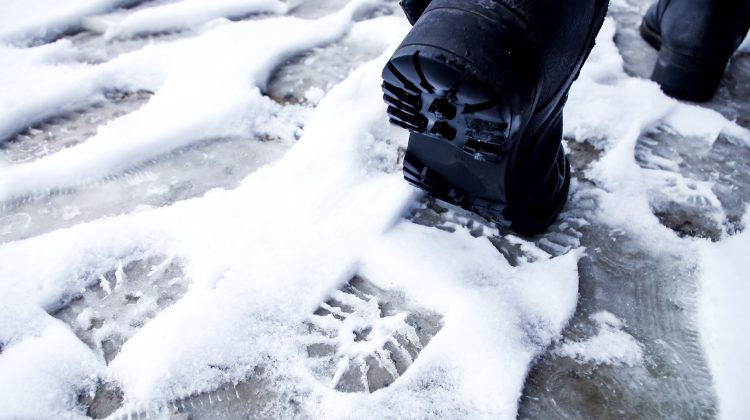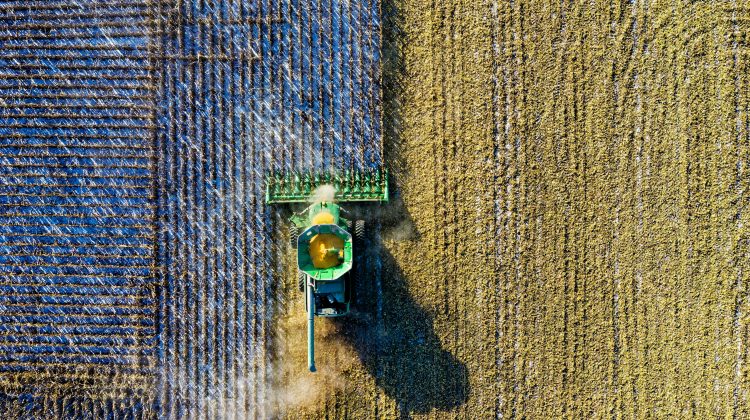Workers’ compensation benefits exist to support workers who get sick or injured at work. But do those benefits extend to COVID-19? That question has of course arisen during the pandemic, and lawsuits have begun to shape the answer.
According to the California workers’ compensation lawyers at DiMarco | Araujo | Montevideo, most employees should be eligible for workers’ compensation benefits if they contract COVID-19 at work. COVID-19 qualifies as an illness, and therefore employees should be eligible for benefits if they get sick at work. But what about when that illness is taken home and spread?
What Are “Take Home COVID” Claims?
When someone contracts COVID-19 at work and then spreads it to their family or friends outside the office, is that person eligible for benefits? Normally workplace injuries are covered under workers comp and in exchange, employees cannot sue their employer. This is called the “exclusive remedy” – but this rule is up for debate. The “derivative injury doctrine” of the California Workers’ Compensation Act could guide these cases. The doctrine states that third party lawsuits are prohibited for injuries that are “collateral” or “derivative” of workers’ comp injuries.
This means that family members would not be covered, but in a 2021 case with See’s Candies where an employee’s spouse died of COVID-19, it was decided that the wrongful death lawsuit could proceed. The court ruled that third parties who suffer “logically and legally independent of any employee’s injuries” due to employer negligence should be able to sue. Meaning that even if the employee had not suffered injuries, she could still potentially pass the disease to her husband independently.
So, does workers’ compensation cover these claims? Are lawsuits permitted? Over two dozen “take-home COVID” claims have been filed across the country, and the supreme court will be making a decision soon.
Latest Case: Kuciemba v. Victory Woodworks
Mr. Kuciemba was an employee at Victory Woodworks when he contracted COVID-19 at his office. He was asymptomatic, and when he returned home from work, he spread the illness to his wife and she was hospitalized for a month. The Kuciembas filed a suit against Victory Woodworks, alleging that the company was aware of infected workers and did not remove them from the job site.
The federal district court dismissed this lawsuit, citing the derivative injury doctrine. Now, the U.S. Court of Appeals for the Ninth Circuit has asked the California Supreme Court to take a look at the case. The supreme court will be evaluating whether the derivative injury doctrine prevents a third party lawsuit in these COVID-19 cases.
Navigating Workers’ Compensation for COVID
If your COVID-19 workers’ compensation claim is denied, all is not lost. The bad faith insurance attorneys of Dawson & Rosenthal, P.C. explain the process for fighting a denied workers’ comp claim in California:
- File a claim with the California Division of Workers’ Compensation office
- File an application for adjudication of the claim in your county
- Attend your mandatory settlement conference hearing in front of a judge
- If the case is not settled, it will go to trial
If your workers’ compensation claim is valid, these proceedings should come to the same conclusion and award you the compensation you deserve.





No Comment